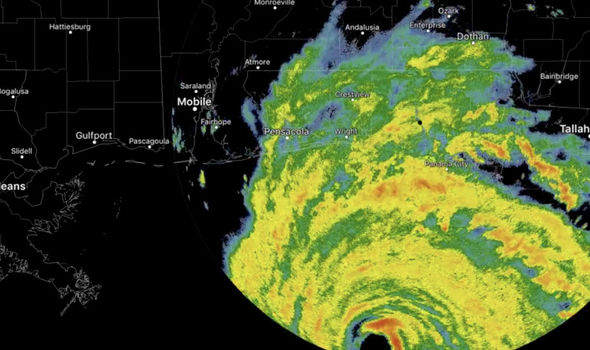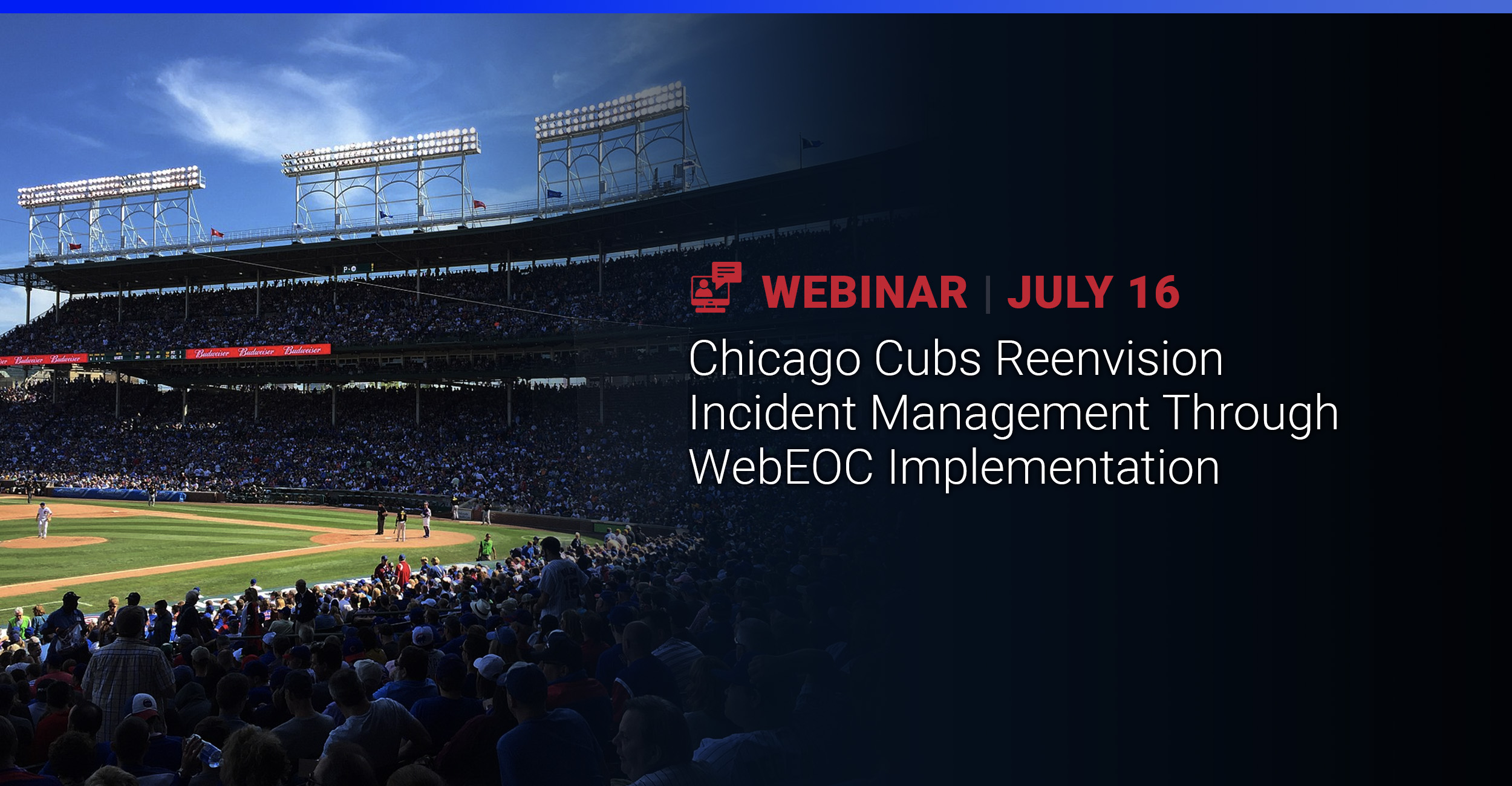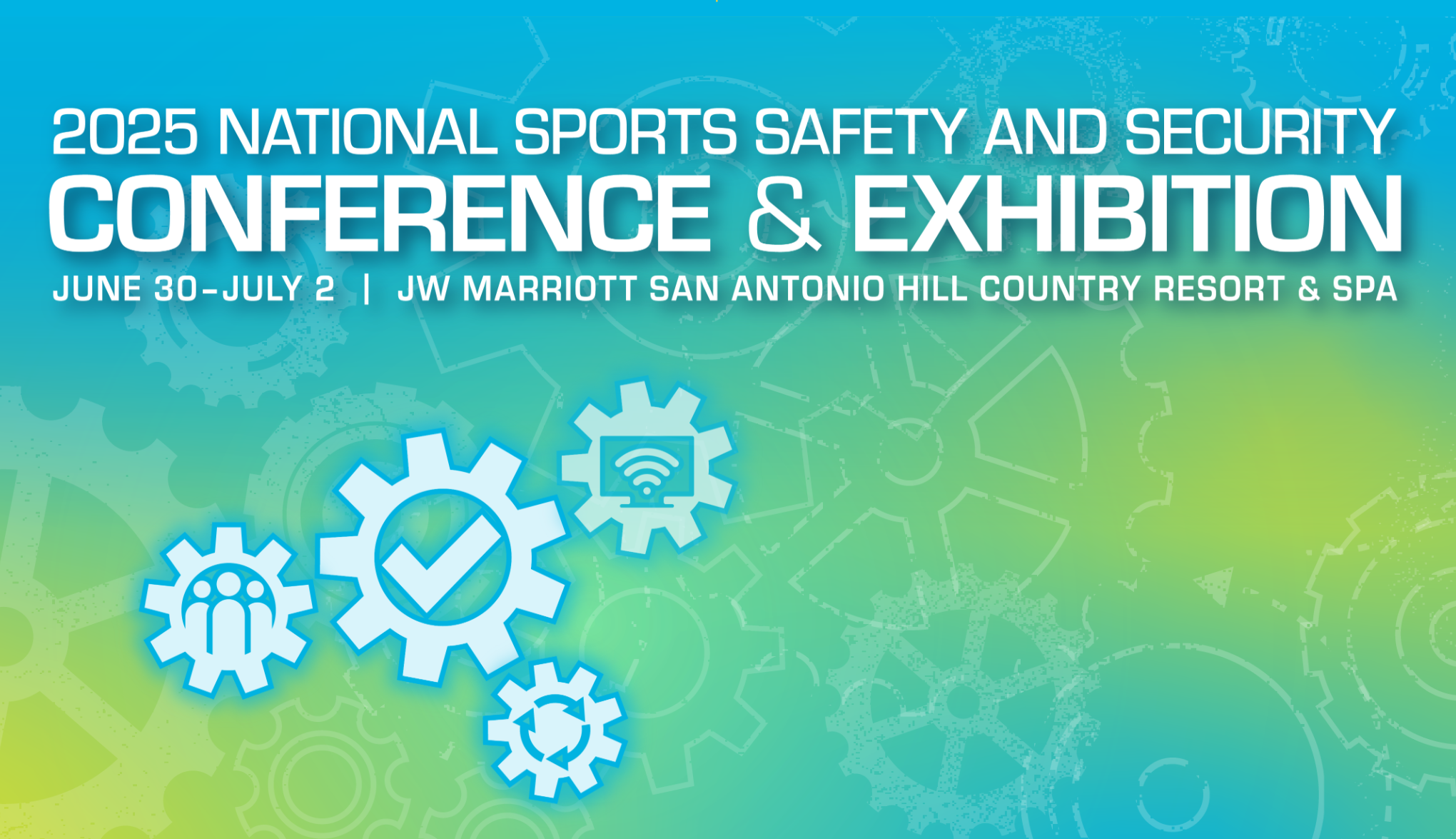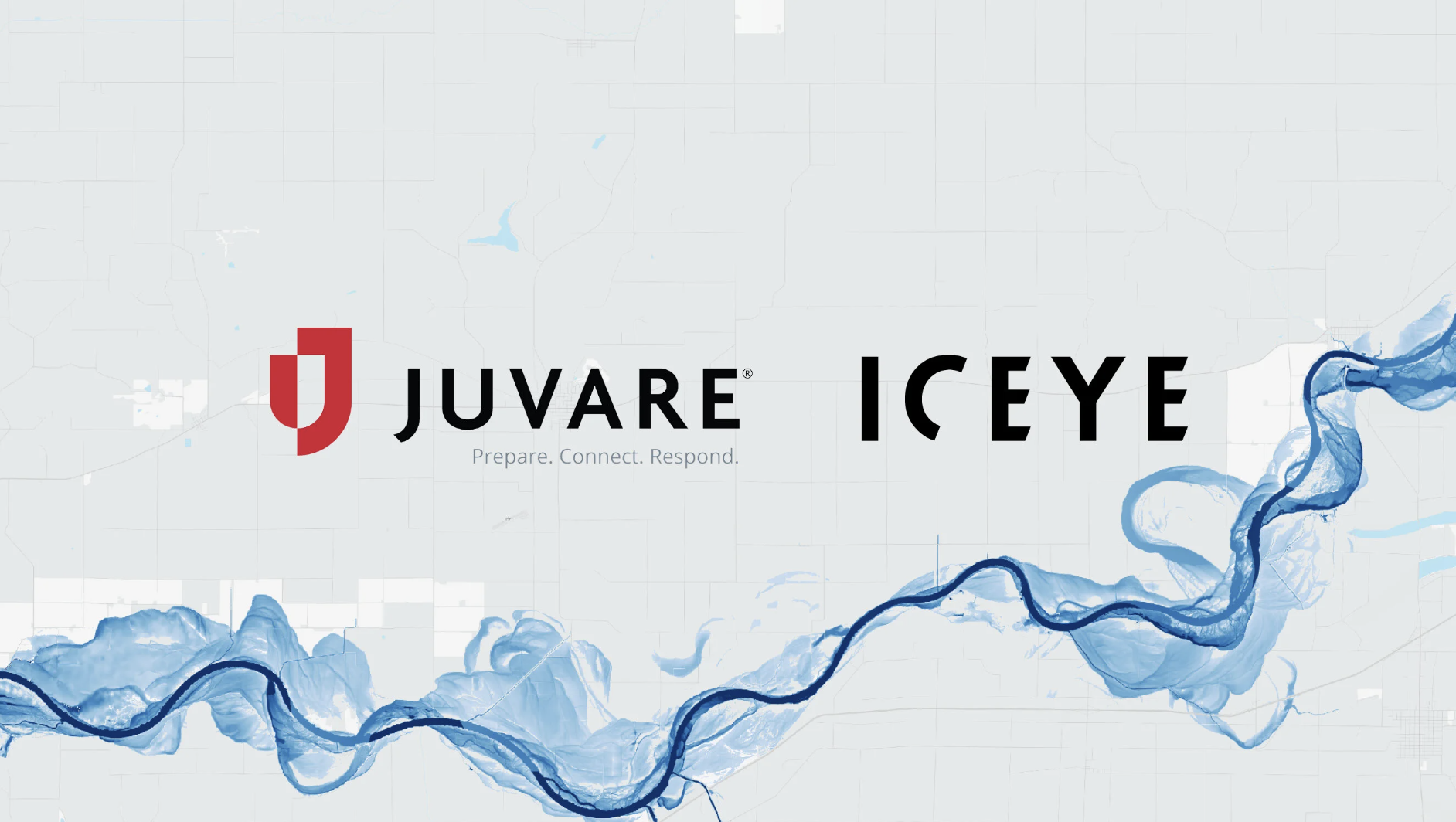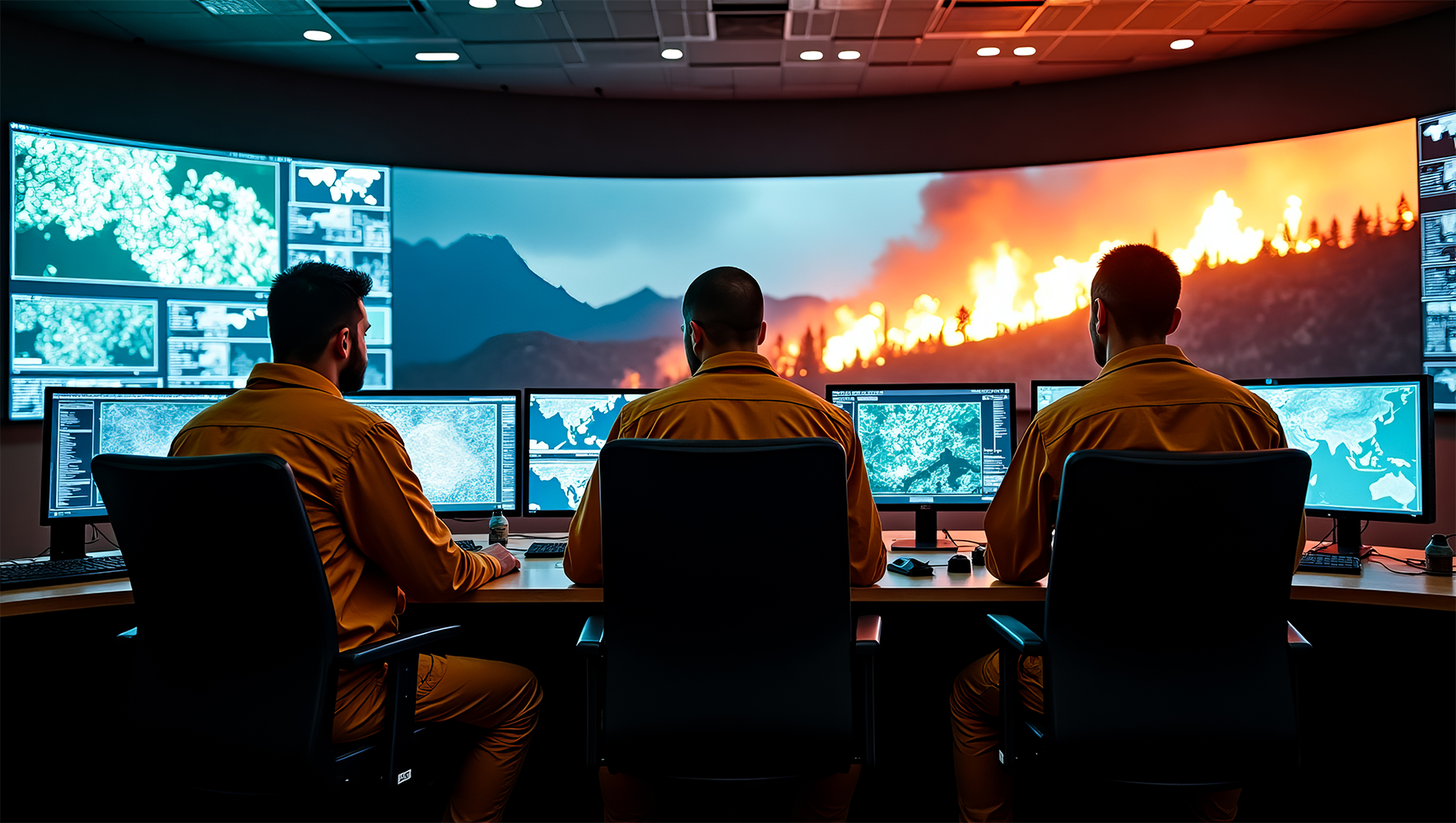While everyone else in the world is social distancing, it doesn’t seem that hurricanes will be following the rules (they never do) as leading tropical meteorologists are predicting a busier than normal hurricane season in the summer and fall of 2020.
Looking at several indicators for seasonal hurricanes, a report released in early April found that due to above-normal temperatures in the tropical Atlantic, there is an “above-average probability for major hurricanes making landfall along the continental United States coastline and in the Caribbean.”
“The probability of U.S. major hurricane landfall is estimated to be about 130 percent of the long-period average,” according to the report.
The report, titled “Extended Range Forecast of Atlantic Seasonal Hurricane Activity and Landfall Strike Probability for 2020,” was prepared by prominent forecaster Philip Klotzbach and released by the Department of Atm ospheric Science at Colorado State University.
According to the outlook, the best estimate is for 8 Atlantic hurricanes in 2020 with 16 named storms. The average is 6.4 hurricanes and 12.1 named storms.
Preparing and responding to disaster on top of disaster
Of course, complicating matters is preparing to respond to a hurricane or any critical incident while simultaneously responding to the COVID-19 pandemic.
Seasoned emergency managers though, are well aware that hurricane season is moving closer, as well as other seasonal incidents such as wildfires, and preparing accordingly.
When asked how FEMA will prepare for a scenario which involves responding to a natural disaster while simultaneously responding to the COVID-19, a statement from FEMA said,
“It is imperative during this time that we are also prepared to respond to any additional incidents that may occur, while ensuring our continued response efforts to the COVID-19 pandemic remain uninterrupted. To that end, FEMA is taking deliberate and proactive steps to safeguard our ability to augment and sustain our FEMA response operations in the midst of COVID-19, while in preparing for future unknown disasters.”
The FEMA statement also noted that the agency currently has 3,000 employees dedicated to COVID-19 response out of 20,000 employees, who are “ready to respond to other emergencies.” Also, $80 billion remains in the Stafford Act fund, after obligating more than $5 billion for the coronavirus crisis.
Weather-related events in 2017 and 2018, including Hurricane Harvey in Texas and Hurricane Irma in Florida, caused over $653 billion in economic damages, the costliest consecutive years on record.
The potential for a similar event in 2020 is possibly the worst-case scenario.
Is your organization prepared?
This year has already been incredibly challenging, as emergency managers and healthcare response professionals have been tested in unprecedented ways.
However, it only takes one hurricane making landfall in your area or one quickly spreading wildfire, to make it an active season. It’s daunting to consider the potential for things to get even more challenging by having to contend with an additional crisis; but preparedness is the key to alleviating these fears.
To properly prepare for natural or man-made disasters, organizations need an emergency response plan and critical incident management platform, like WebEOC, that allows capabilities such as:
-
- Access to real time information across multiple locations, on any type of device, at any time
- A common operating picture including organization-wide, community, and state level events
- Real time views of operational status and visibility of resources available
- Quick, effective communications with employees and stakeholders, as well as fire or law enforcement first responders, and emergency management agencies
To learn more, download our e-Book Why Organizations Should Invest in an Emergency Preparedness Solution
If you would like to learn how solutions like WebEOC, Juvare Exchange, eICS, and EMResource can help your organization with the situational awareness and communications capabilities needed to prepare for any critical incident, contact us today.
For more information on how Juvare solutions were used during hurricanes in recent years, explore the links below.









